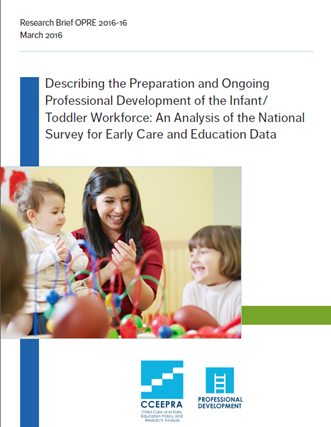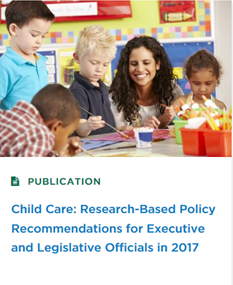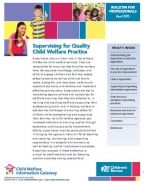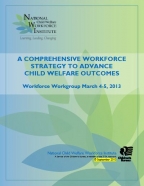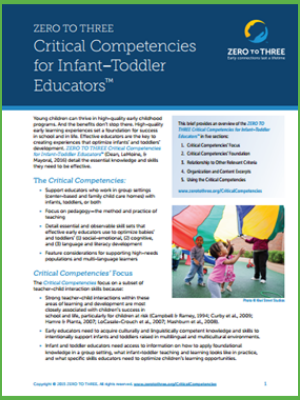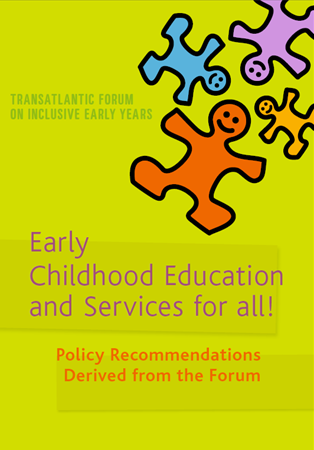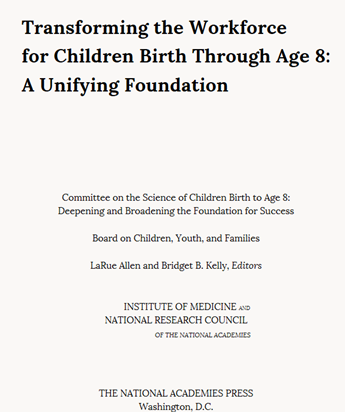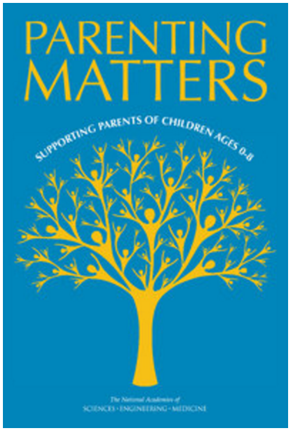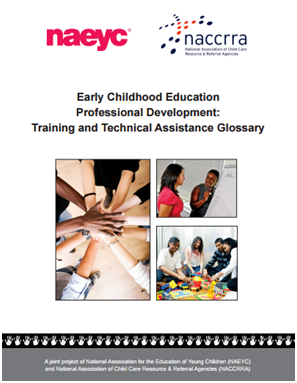The Best Teachers for Our Littlest Learners? Lessons from Head Start's Last Decade

The Best Teachers for Our Littlest Learners? Lessons from Head Start's Last Decade aims to inform efforts to strengthen the early childhood workforce by documenting the current state of the Head Start workforce in the United States. Through five parts, this paper examines the effects of recent efforts to improve the skills of Head Start teachers. This paper includes:
- a review the evolution of Head Start workforce policy over the last 50 years;
- an analysis of the impact of the most recent reauthorization of Head Start;
- case studies of the evolution of the Head Start workforce in four states;
- a discussion of how the broader policy and research context has evolved since the last reauthorization of Head Start; and
- policy recommendations to strengthen the Head Start workforce.
bellwethereducation.org


